Evaluation Criteria
The criteria below are used by the Grant Review Committee to assess the quality of the proposed project. Each item is evaluated on a scale of 1 to 3 (1 is lowest and 3 is highest) with a space for additional comments.
Core Evaluation Criteria
- The project translates or develops the student’s scholarly and/or pedagogical work by bringing it to a public audience and/or community context.
- The project demonstrates collaborative practice and an equitable distribution of labor. Good collaborative practice includes:
- Outlining clear lines of communication
- Suitable distribution of responsibility
- Articulating mutual benefit(s) to all parties in the collaboration
- Quality and salience of the project’s benefits to the student(s) beyond advancing their dissertation research.
- Quality and salience of the project’s benefits to the community partner(s), including the extent to which the project addresses a community-identified need.
- Will the project result in the creation of a new public cultural good or service?
- Is the budget feasible and reasonable?
Will the project result in the creation of a new public cultural good or service?
Public good is evaluated according to:
- Plan for sustainability beyond the life of the grant
- Plan for engaging the widest possible public (for example, how you will advertise, engage stakeholders and disseminate impact)
- Reflection on potential contributions to public/community policy or influence upon professional practice
- Models that enrich the artistic and cultural life of the community
- Clear evaluation plan with commitments from partners and/or peers to assess the significance of the public good generated by the project?
Is the budget feasible and reasonable?
Allowable for expenses are as follows:
- Student stipends can be requested up to $20 per hour
- Community partner honorariums for organizational costs associated with the project
- Transportation, research material, supplies, documentation, publication, production of public good(s) such as performances or exhibitions, etcetera.
Public Scholarship Grants
- Public Scholarship Grants
- Draft Proposals
- Applications Instructions
- Evaluation Criteria
Contact the Program in Public Scholarship
1530 Rackham Building
915 E. Washington St.
Ann Arbor, MI 48109-1070
Email: [email protected]
Hours
The Program in Public Scholarship is open Monday through Friday, 8:00 a.m. to 5:00 p.m.
The office is closed Saturdays and Sundays and on the following holidays: Thanksgiving (Thursday and the following Friday), Christmas through New Year’s, Memorial Day, Independence Day (July 4), and Labor Day.

